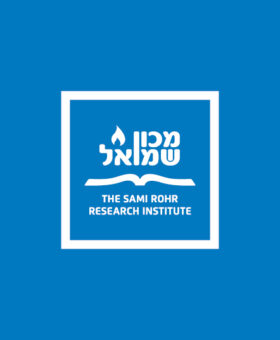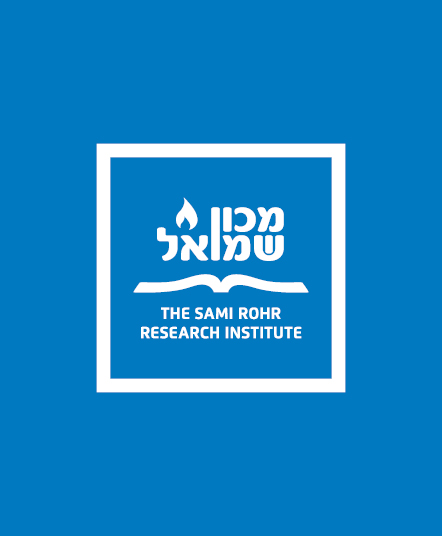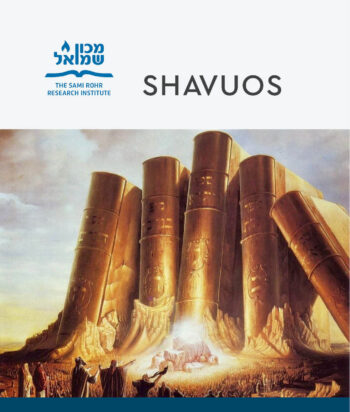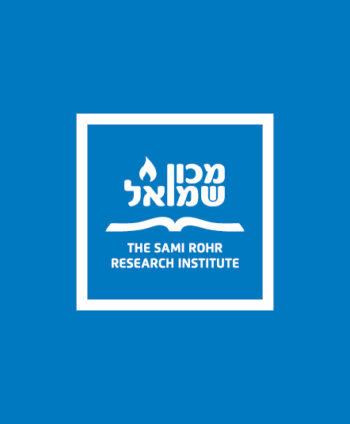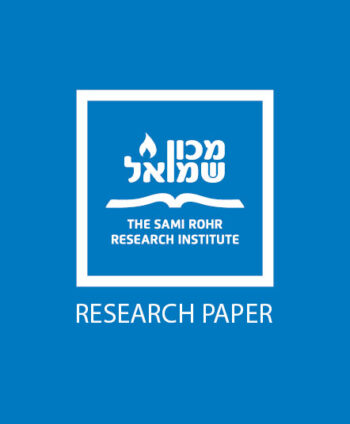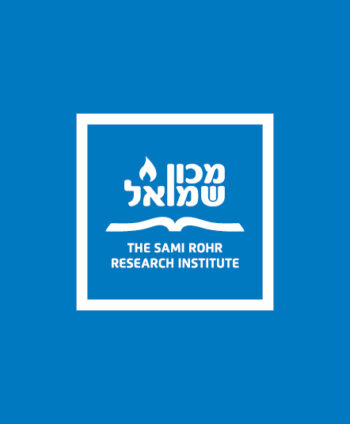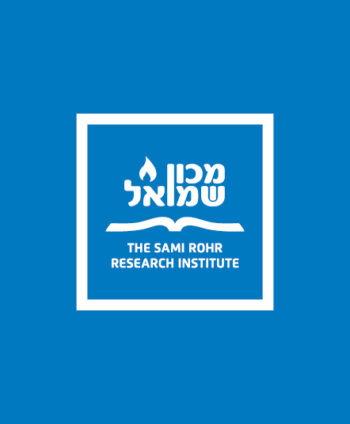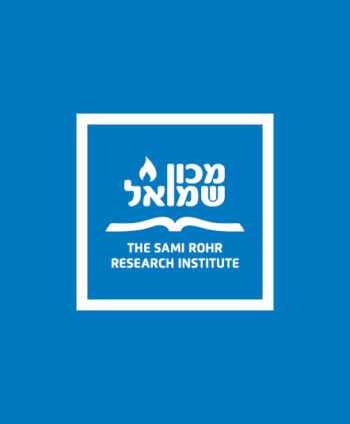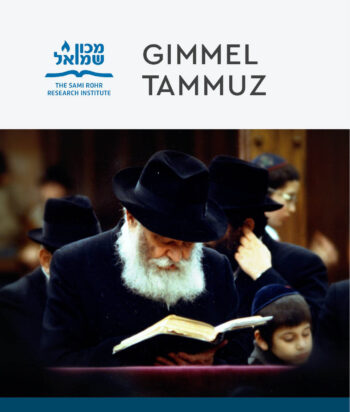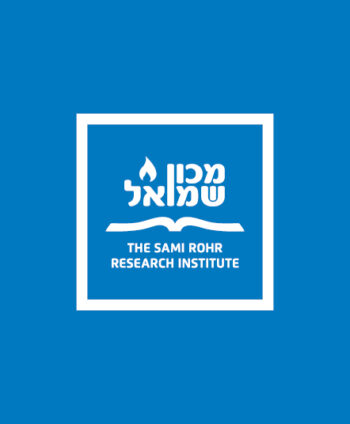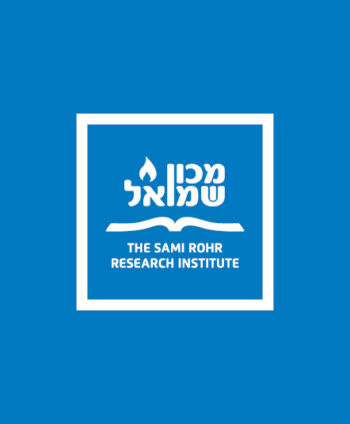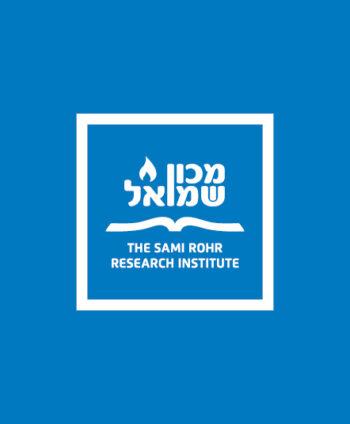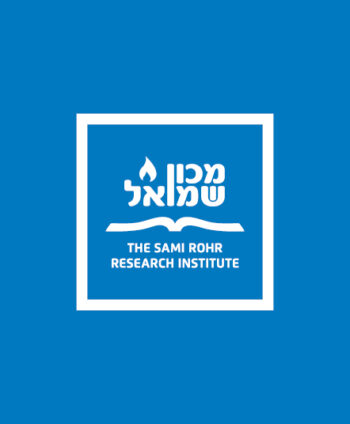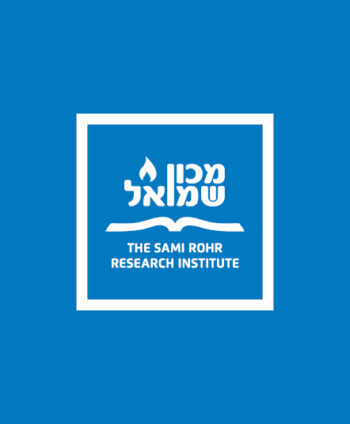Requests for Sources (#14)
$39.00
- Layman Logic vs Rabbinic Rigor: How seriously do we take the saying, daas baale baatim hepech daas Torah? To what degree should parents be involved in the decision making process of school administrations?
- When G-d was Exiled: What is the source and meaning of the radical idea that has given so much comfort: galu l’Edom, shechinah imahem?
- Giyur k’Halacha and Women’s Tevilah: Must a Beis Din of men be fully present, or is it sufficient that they hear the sounds of her immersion?
- Is the Torah Green? Recycling. Climate change. Ecosystem preservation. Are any of these concepts discussed in the Torah? Are the ideals behind them the same ideals that enliven Jewish learning and living? Is a ‘Jewish environmentalist’ an oxymoron or a role model? An ancient religion meets a 21st century movement.
- What is the correct practice regarding raising one’s voice while reciting the kedushah of uva letzion?
In stock
- Adar
- Iyar
- Tammuz
- Av
- Elul
- Tishrei
- Cheshvan
- Kislev
- Tevet
- Shevat
- Nissan
- Israel
- Sinai Scholars
- Gifts & More
- Other Languages
- Courses
- Publications
- Handbooks
- Customizable Products
- Annual Memberships
- Textbooks
- Machon Shmuel Research Institute
- Menu
- Course Accessories
- Mordy Review
- Expired
- Holiday and Yomei D'pagra
- Sivan
Related Products
Machon Shmuel is proud to offer a collection of papers on a variety of topics relevant to Shavuos.
In stock
In 1903 professor Simon Newcomb argued that human flight was a “mathematical impossibility,” but that same year, the Wright Brothers successfully launched the first powered airplane.
Having your travel route shortened and arriving at your destination almost momentarily is known in Biblical terms as Kefitzas Ha-derech. It may be “naturally impossible,” but miracles do happen! From Avraham to the Baal Shem Tov, some of our greatest heroes experienced this firsthand.
Read this paper to explore this fantastic feat, its history and halachic ramifications. Have a safe trip!
(67 pages)
Submitted by a Shliach in Florida
In stock
Love is not bound by time. Even after a loved one passes on, they continue to live on in our hearts; we treasure the memories of the times we spent together and immortalize them through noble deeds.
But may we communicate with them after they’ve gone? The Torah (Devarim 18:11) instructs us to avoid all occult arts, such as sorcery, divination and necromancy. What are the details of these laws and what practical relevance do they have?
Related: Familial Bonds in the Hereafter and תפלה על קברי צדיקים
(21 PAGES)
Query from a Shliach in France
In stock
In stock
Are there any scientific parallels to the Chassidic doctrine of Continuous Creation? Did either theory inspire the other? A deeper look at one of Chassidus’ defining beliefs.
In stock
In stock
Machon Shmuel is proud to offer a collection of papers on a variety of topics relevant to Gimmel Tammuz.
In stock
חקר אחר תקנות חז״ל מגלה כי בין היתר תיקנו גדולי ישראל לדורותיהם גם תקנות שונות לשיפור מצב הכלכלי של עם ישראל. על ׳תקנת השוק׳ במקורות חז״ל ודברי ימי ישראל.
In stock
Harmonizing two monumental works of the Rambam, in the teachings of the Lubavitcher Rebbe
In stock
עם הנבחר מתייחד בתכונותיו של רחמנות וגמילות חסד. אלא שלפעמים מתווצר גם מצב הנותן משום לשאלה: האם אפשר לכוף את העשיר לנדב מהונו לצדקה? או שמא אינו תלוי אלא בנדיבות לב של כל אחד ואחד? על מצות הצדקה ותנאיה.
In stock
In stock
Many natural substances have psychoactive (mind-altering) properties that can significantly impact one’s mental state and affect one’s mood.
May an observant Jew avail himself of such stimulants? Is such recreation acceptable from a halachic standpoint, or does it contravene one’s Torah obligations? How would we judge actions taken while under the influence of drugs and alcohol?
See also: “The Drugs Debate” on the appropriate legislative attitude towards controlling the proliferation of potentially harmful substances.
In stock

